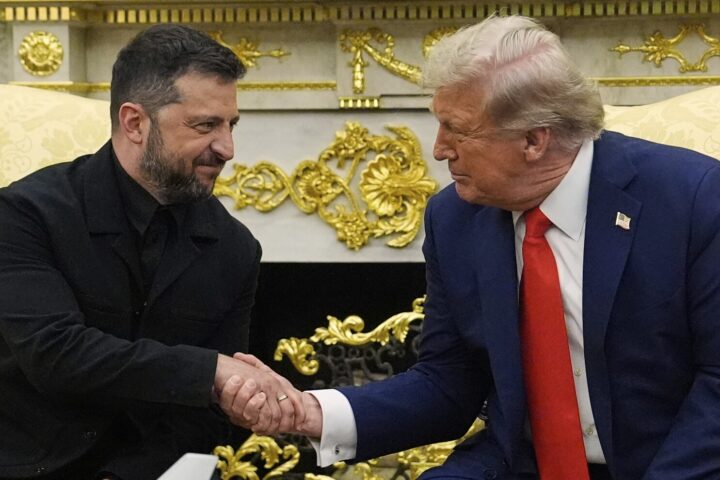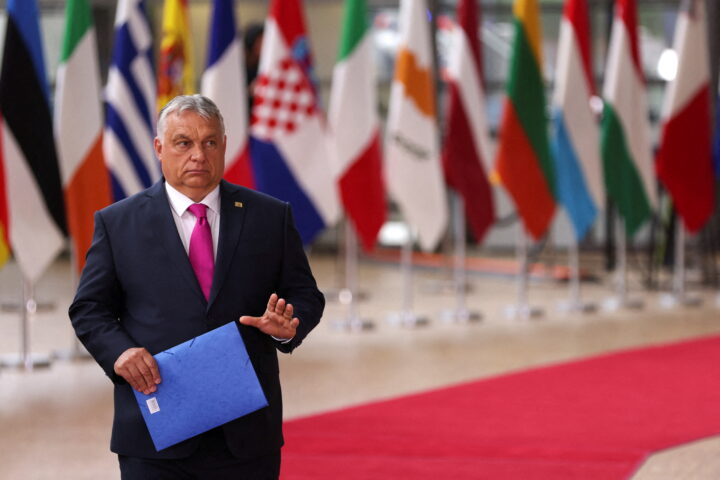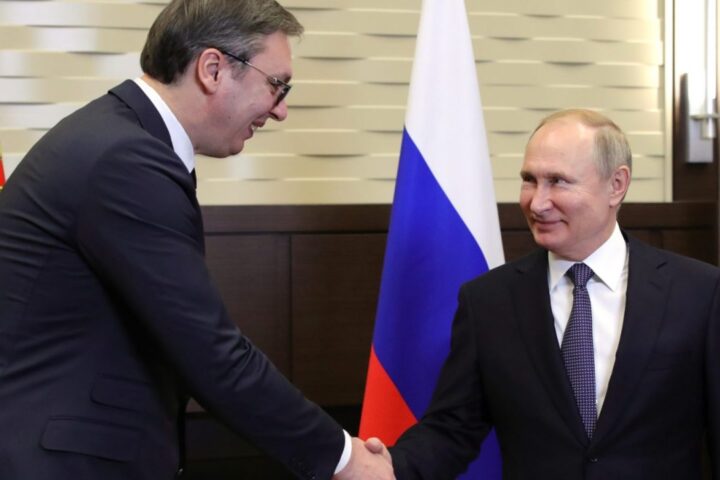On August 29, 2025, the Odessa Journal reported that Ukraine is steadily integrating into the European Union’s hydrogen policy, presenting itself as a future cornerstone supplier of renewable hydrogen. At the center of this strategy lies the unique transit potential of Ukraine’s gas transmission system (GTS), which can be upgraded to carry hydrogen-natural gas blends and, in the long run, pure hydrogen. Joint projects between Ukraine’s GTS Operator and European partners already cover technical compatibility studies, hydrogen corridor development, and financing from EU institutions, embedding Ukraine deeper into the European Green Deal framework.
Strategic importance for EU and Ukraine
For the EU, hydrogen cooperation with Ukraine represents diversification of energy supplies, reduced reliance on fossil fuels, and faster progress toward the 2050 climate neutrality target. For Ukraine, it means integration into the EU’s internal energy market, enhanced economic resilience, and access to long-term investment for infrastructure modernization. This partnership is becoming a mutually beneficial tool that strengthens Europe’s energy security while opening new geo-economic opportunities for Ukraine.
Compliance with EU standards
Ukraine’s GTS Operator is aligning its strategies with Directive 2024/1788 and Regulation 2024/1789, ensuring that hydrogen exported to Europe meets EU standards of safety and purity. For the EU, this reduces risks and guarantees high-quality energy resources, paving the way for transparent integration of Ukraine’s market into the European system.
Central European Hydrogen Corridor
A flagship initiative, the Central European Hydrogen Corridor (CENC), developed jointly by Ukraine, Slovakia, the Czech Republic, and Germany, has been granted the status of a Project of Common Interest (PCI). This recognition signals that the EU views Ukraine not only as a hydrogen supplier but as a strategic partner in building the next-generation energy infrastructure that will unify member states under the green transition.
Contribution to climate goals and competitiveness
By producing and transporting renewable hydrogen, Ukraine contributes directly to the EU’s climate ambitions: cutting greenhouse gas emissions and advancing clean energy development. This collaboration enhances the EU’s global competitiveness and opens fresh opportunities for innovation, investment, and renewable energy expansion across the European landscape.












